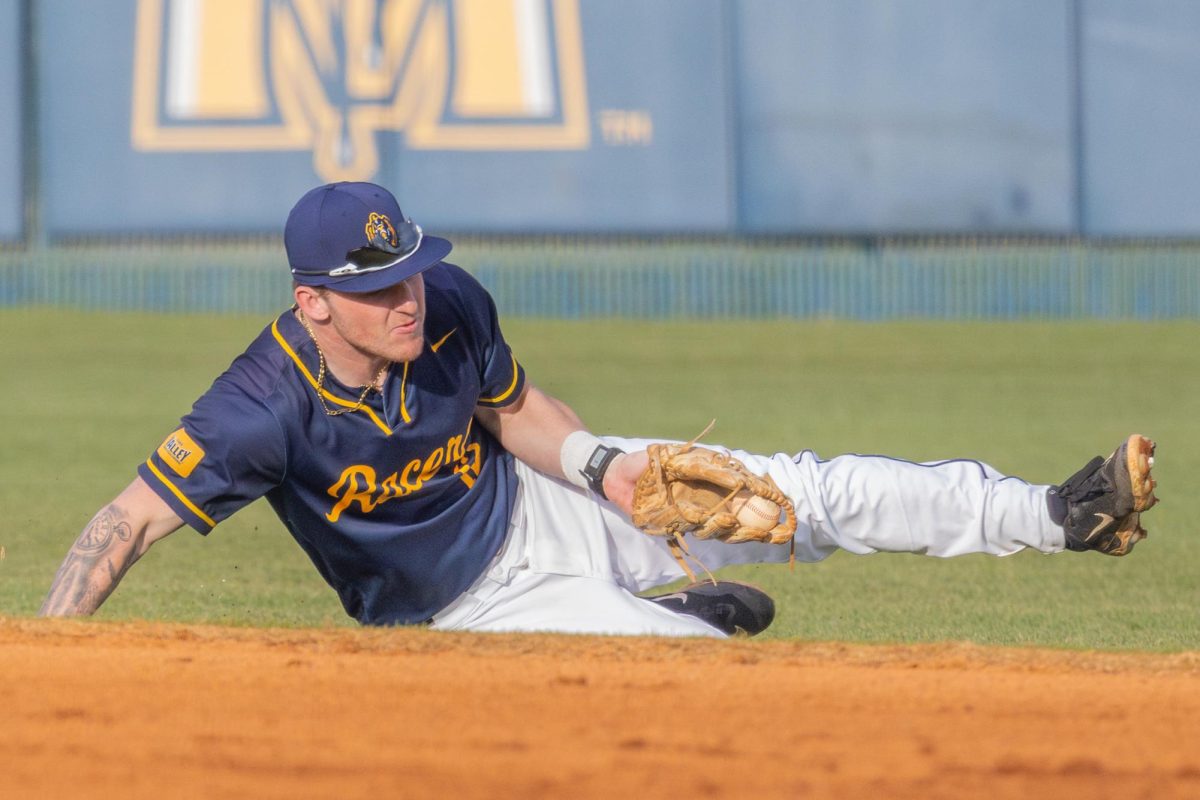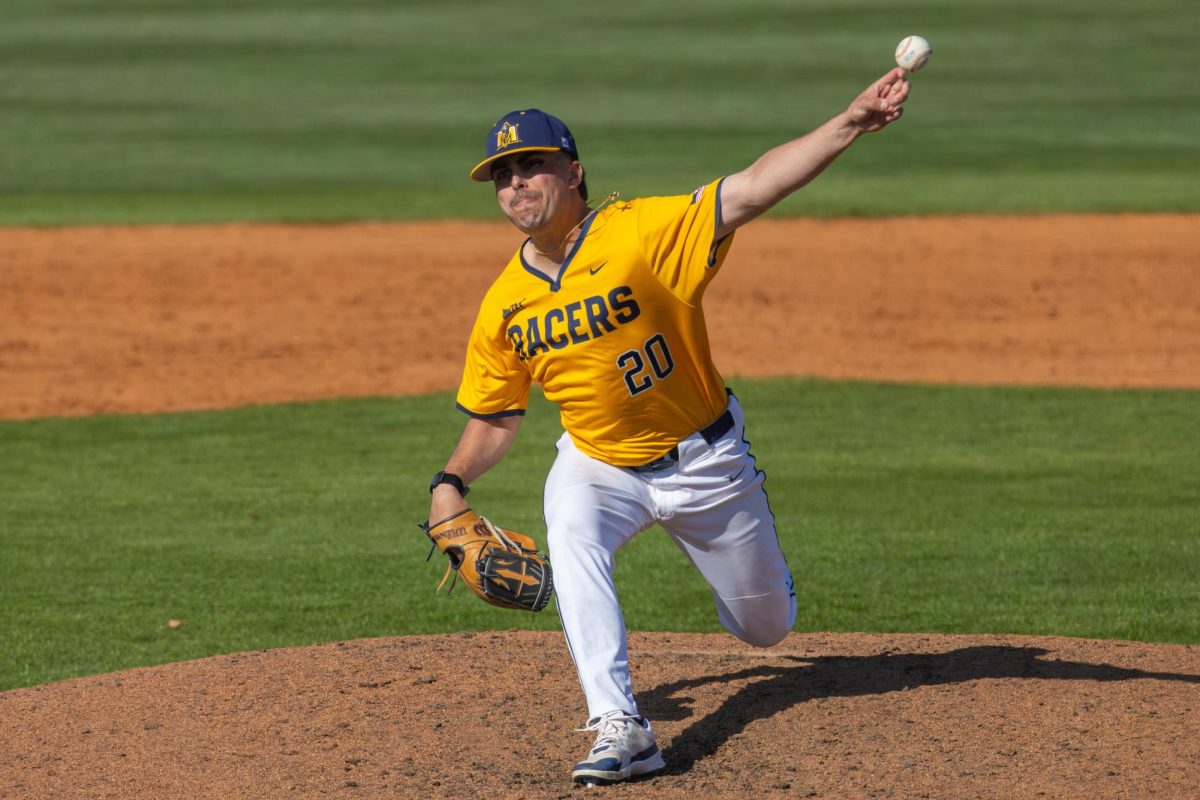Murray State students have a helping hand in furthering their international studies education beyond the University’s classroom walls.
A panel of advisers met Aug., 13 in Richmond College to discuss and present new innovated details to the study abroad department to students, teachers and staff.
The panel consisted of several faculty members and administrators.
The discussion began with a selection of student-based testimonies; many of the students discussed the benefits of either being part of a foreign exchange program or taking part in one of Murray State’s own study abroad plans.
Erinn Jennings, a senior from Spokane, Wa., said she attended the discussion to not only learn more about the programs, but to get first-hand experience of the student population views of the program.
“I heard about the experiences of other students that have studied abroad,” she said. “I also wanted to know more about the benefits of the experiences, more information about how to apply and how to pay for the trip.”
Jennings, who wishes to travel to Mexico or Spain, said she thinks students should take advantage of the program due to the beyond-the-wall education it can offer. She said it is a great way to become fluent in another language and to absorb all the things you read about in textbooks.
Therese Saintpaul, associative professor in the department of humanities and fine arts, led the discussion and said the panel was a way to introduce students to the many different ways they could go abroad.
“Going abroad can have many different benefits for you in many different aspects,” she said. “It can enrich you in your field and professionally, it can help you immensely. It’s experiencing the world before you really set into it.”
Saintpaul, said one of the misconceptions of studying abroad that she hopes changes is the idea of having to know the language before choosing a country to venture to.
“While it may seem beneficial to know the base language of a country prior to arrival,” she said. “It has been proven that it is better to assimilate oneself and have learning the language be a part of the learning aspect.”
Bommanna Loganathan, professor in the department of science, has taken students to Japan and Taiwan and said even though he achieved his doctorate degree in chemistry in Japan, he didn’t know a single word of the language and used it as a culture tactic.
“When you travel the world, you do take note of people who don’t want to speak a different language due to fear, but do not be afraid,” he said. “Language is not a barrier. You learn a lot more by just seeing and experiencing the different countries. It’s really only a small part of the whole experience.”
Loganathan said the University’s study abroad department offers programs that students can use to coincide with their field of study. He said this was a great way to let students know that every major does have the option of going abroad, not just international studies or education.
There were many ways students could investigate this this option, but Undergraduate Research and Scholarly Activity through using a research grant provided one of the most prominent. Jody Cofer, program coordinator of URSA, said he hopes students learn they can take URSA grants abroad to add another facet to their experience.
“If you are already planning to go abroad, and you have an interest in doing a research project abroad, we can help with that,” he said. “URSA will work with you from making a proposal, finding a faculty member to assist you, working with the study abroad office to fine a right program, and even help you apply for the different grant.”
Cofer said URSA even has their own travel support grant, specially designed to assist those wishing to do an abroad research fellowships. More information can be found online on the URSA homepage.
Written by Sam Villanueva, Staff writer.





























































































Edea Krammer • Oct 2, 2012 at 4:31 pm
Interesting! It was just what I expected….
http://www.blytheducation.com/